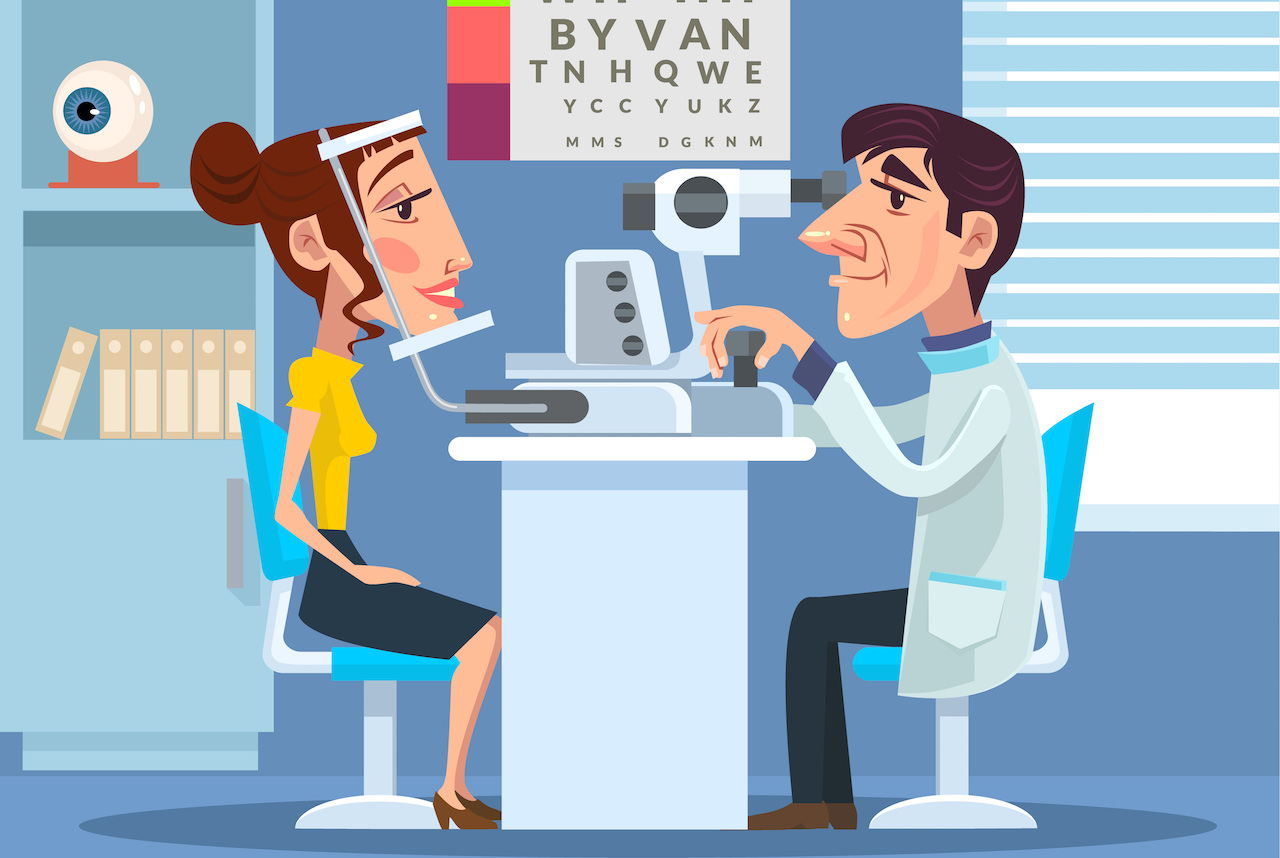As you get older, you may experience age-related eye problems. This is why it’s important to have regular eye checks to help avoid vision problems and minimise permanent loss.
While many eye problems can develop at any age, they’re more common as you get older and in those who have a family history of eye conditions. The most common of these include a detached retina or rapid onset of glaucoma.
Unfortunately, ageing also increases your risk for certain types of sight-threatening eye conditions that can lead to blindness.
Globally, over 250 million people live with vision impairment, says the World Health Organization. Around 80% of those could have been either avoided or cured.
See your eye doctor as soon as possible if you experience:
- A gradual loss of central vision. This includes distortions like straight lines appearing wavy.
- An irritated sensation and pain in the eye surface. This could be caused by dry eye syndrome.
- Sudden loss of vision in one eye. This could signal a number of eye diseases and conditions.
- Onset eye pain, redness, nausea and vomiting. These symptoms could mean an acute attack of narrow-angle glaucoma, which can permanently damage the eye’s optic nerve. You’ll need immediate treatment to help avoid permanent vision loss.
- Seeing floaters and flashes is a natural part of the ageing process and is usually harmless. Spots or floaters are shadowy images of particles floating in the fluid that fills the inside of the eye. If you suddenly see more floaters than normal, and they’re accompanied by bright and flashing lights, see your doctor.
- Double vision, double images or “ghost” images. In some cases, these can signal an underlying health emergency like a stroke.
- Cloudy and blurred eyesight, “halos” around lights at night, loss of bright colour vision. These vision changes are linked to cataracts. Cataracts progress slowly and are usually not a medical emergency. As your eye’s natural lens continues to cloud with ageing, your vision will deteriorate unless you have cataract surgery. Surgery will replace your cloudy lens with a custom intraocular lens that’s implanted in the eye as part of a treatment. If you wait too long for the surgery, you increase your chance of complications that may lead to glaucoma. This can also cause the cloudy lens to harden and become more difficult to remove.
- A shadow or dark curtain in vision. This could be caused by a retinal detachment, which happens when the retina separates from the underlying layer of nourishing blood vessels (choroid). If the retina is not reattached within hours, you can permanently lose your vision.
Other possible vision problems to look out for
- Reading things very close to the face or at an angle.
- Writing less clearly and having trouble writing on a line.
- Problems getting food onto a fork or spoon.
- Difficulty cutting food.
- Trouble identifying colours.
- Choosing clothes in unusual combinations of colours or patterns.
- Squinting or tilting your head to the side to focus on an object.
- Brushing against walls while walking.
- Difficulty walking on irregular or bumpy surfaces
Minimise age-related eye problems
Reduce your risk of developing serious eye problems later in life by maintaining a healthy lifestyle and going for routine eye checks. Eating a balanced diet with plenty of nutritious food heavy in vitamins A, E and omega 3’s may also reduce your risk of certain eye problems.
References:
- http://www.visionaware.org/info/your-eye-condition/eye-health/symptoms-of-vision-problems/125
- https://www.eyepromise.com/resources/importance-of-eye-health/early-warning-signs/
- http://www.who.int/en/news-room/fact-sheets/detail/blindness-and-visual-impairment
- https://www.health.harvard.edu/diseases-and-conditions/warning-signs-of-a-serious-eye-problem

